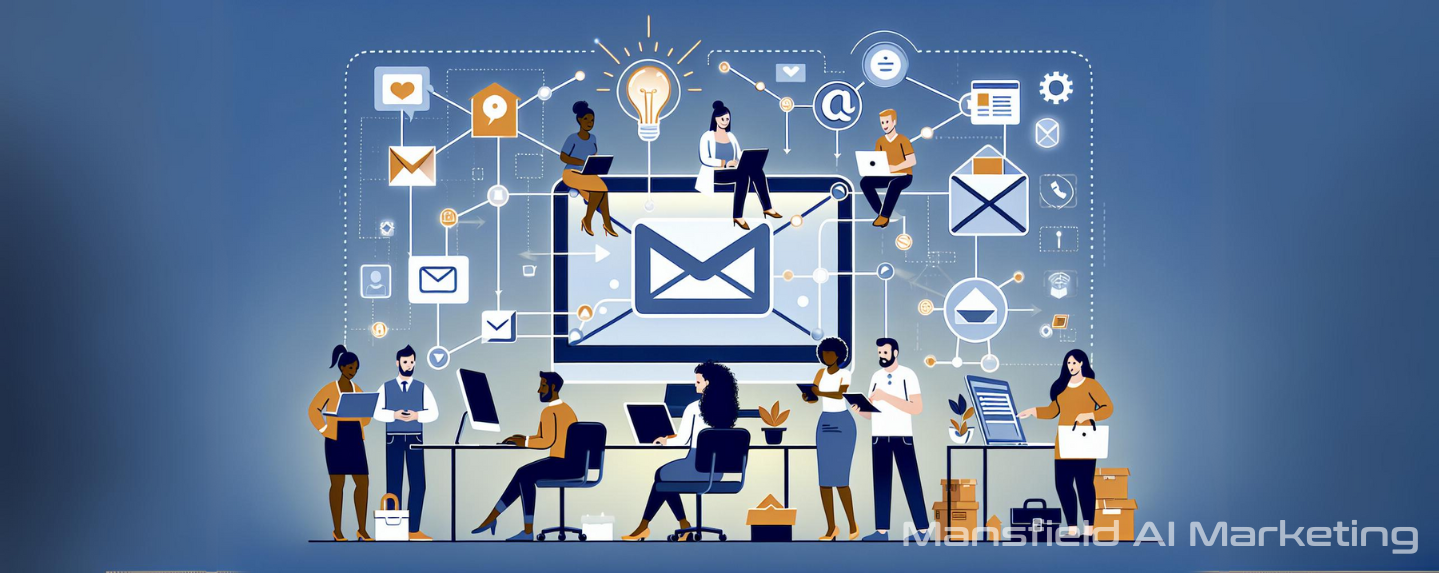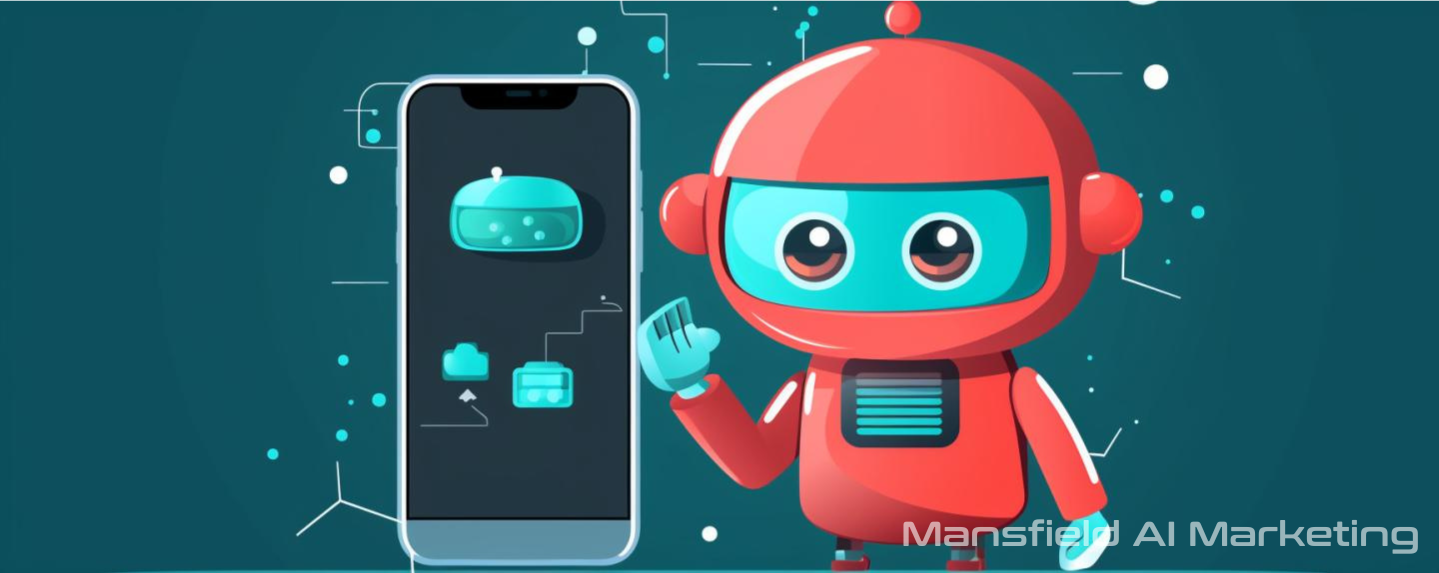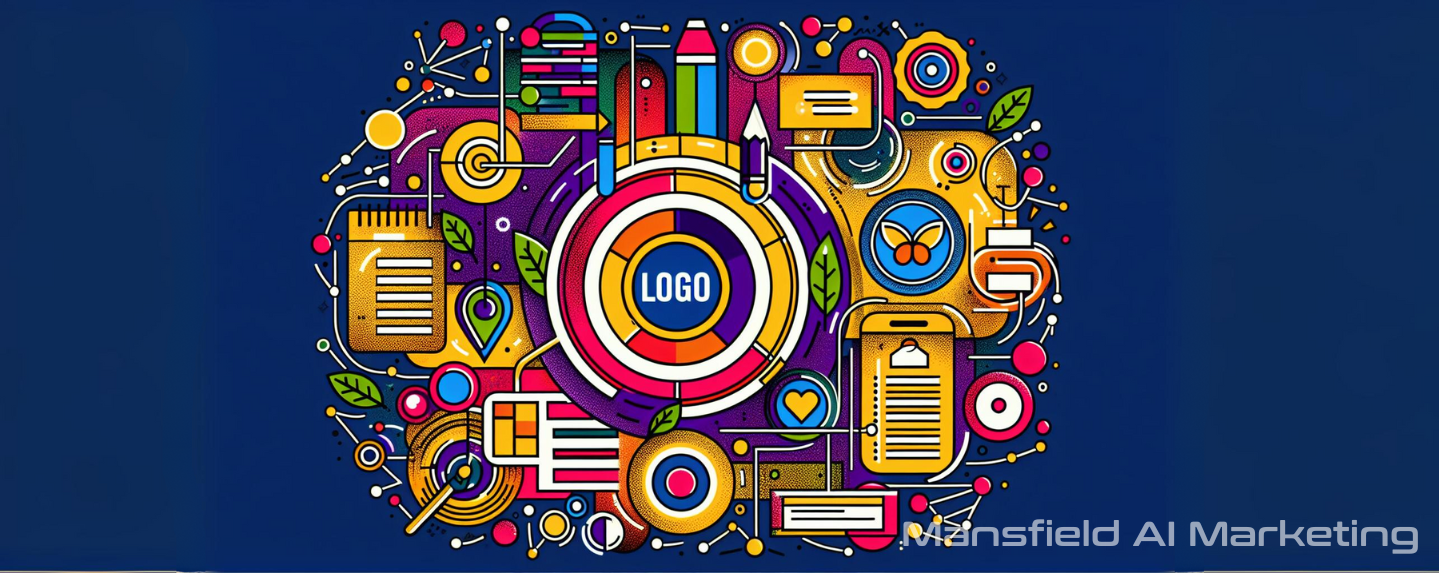The Small Business Owner's Guide to Using AI for Marketing and Sales Success

As a small business owner, you're always looking for ways to improve your marketing and sales strategies. Artificial intelligence (AI) technology might seem out of reach, but it's more accessible than you think. In this guide, we'll outline the basics of AI, provide real-world examples of its implementation for small businesses, discuss the benefits of AI for small businesses, and provide a step-by-step guide on how small business owners can integrate AI into their marketing and sales strategies.
Understanding AI Technology
AI uses software tools that house trainable algorithms to simplify and optimize business processes. In marketing and sales, AI can assist with lead qualification, product recommendations, customer engagement, and revenue forecasting. By analyzing large amounts of data, AI can identify patterns and relationships that lead to actionable insights.
Real-World Examples
One example of AI implementation for small businesses is using chatbots for customer service. Chatbots use AI to understand customer inquiries and provide relevant responses. This can save time and increase customer satisfaction.
Another example is using AI-powered email marketing tools. These tools can analyze customer behavior and send targeted emails based on their actions. This increases the chances of conversion and reduces the likelihood of unsubscribes.
Benefits of AI for Small Businesses
The benefits of using AI for small businesses are clear. AI-powered marketing and sales strategies can improve efficiency, increase customer satisfaction, and boost revenue. By automating repetitive tasks, small business owners can focus on higher-value activities that align with their goals.
Step-by-Step Guide
- Identify your business objectives and determine which AI-powered marketing and sales strategies align with them.
- Research and select an AI tool or service provider that meets your needs and budget.
- Clean and organize your data to ensure accurate analysis.
- Train the AI tool on your data and set up any necessary integrations.
- Monitor and analyze the results to make strategic adjustments and optimize performance.
Tips and Tricks
- Start small and build up to more complex AI-powered strategies.
- Don't overlook the importance of data quality and cleanliness.
- Consider partnering with a reputable AI service provider to ensure a smooth implementation.
- Keep up-to-date on the latest AI trends and innovations to stay competitive.
By following this guide, small business owners can leverage AI technology to improve their marketing and sales strategies. From chatbots to email marketing, AI-powered tools offer a range of benefits that can help small businesses increase efficiency, boost revenues, and improve customer satisfaction. Don't be intimidated by the technology – AI is accessible and scalable for businesses of all sizes.











